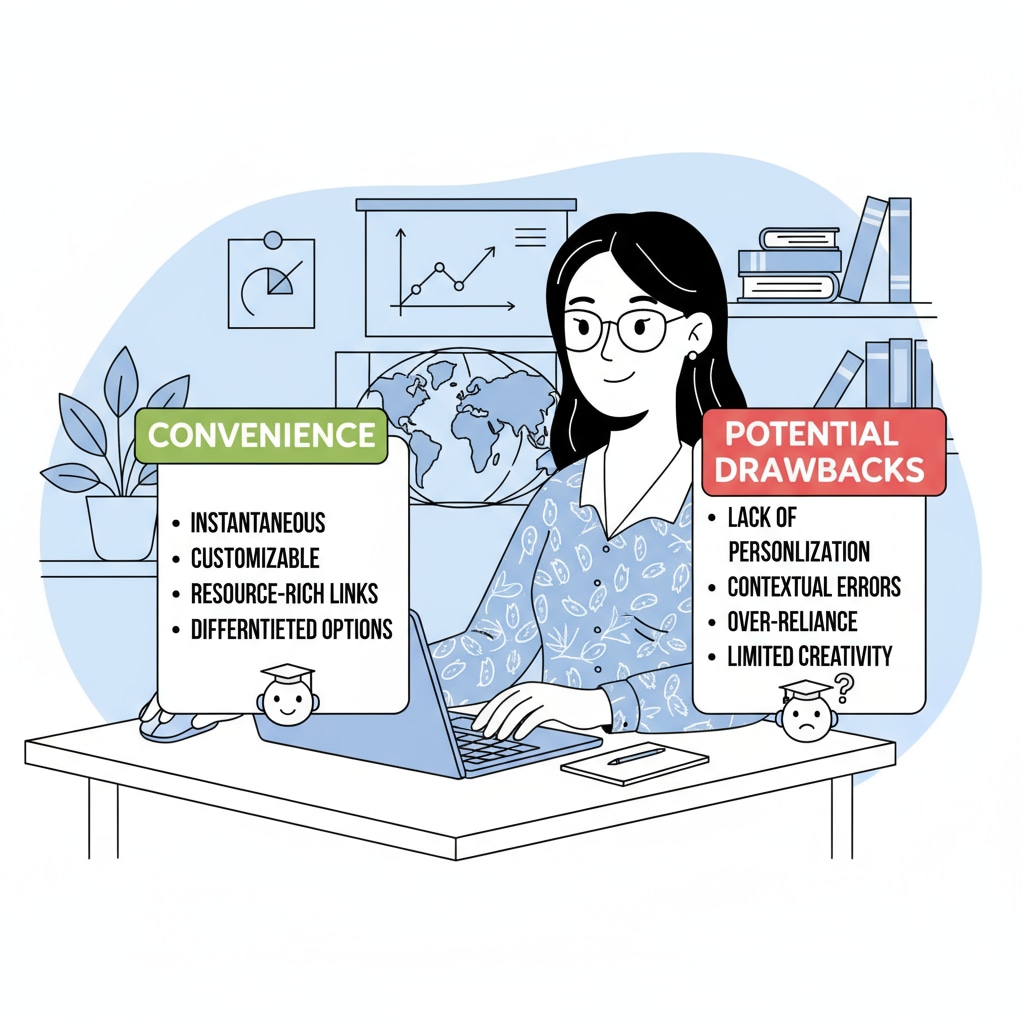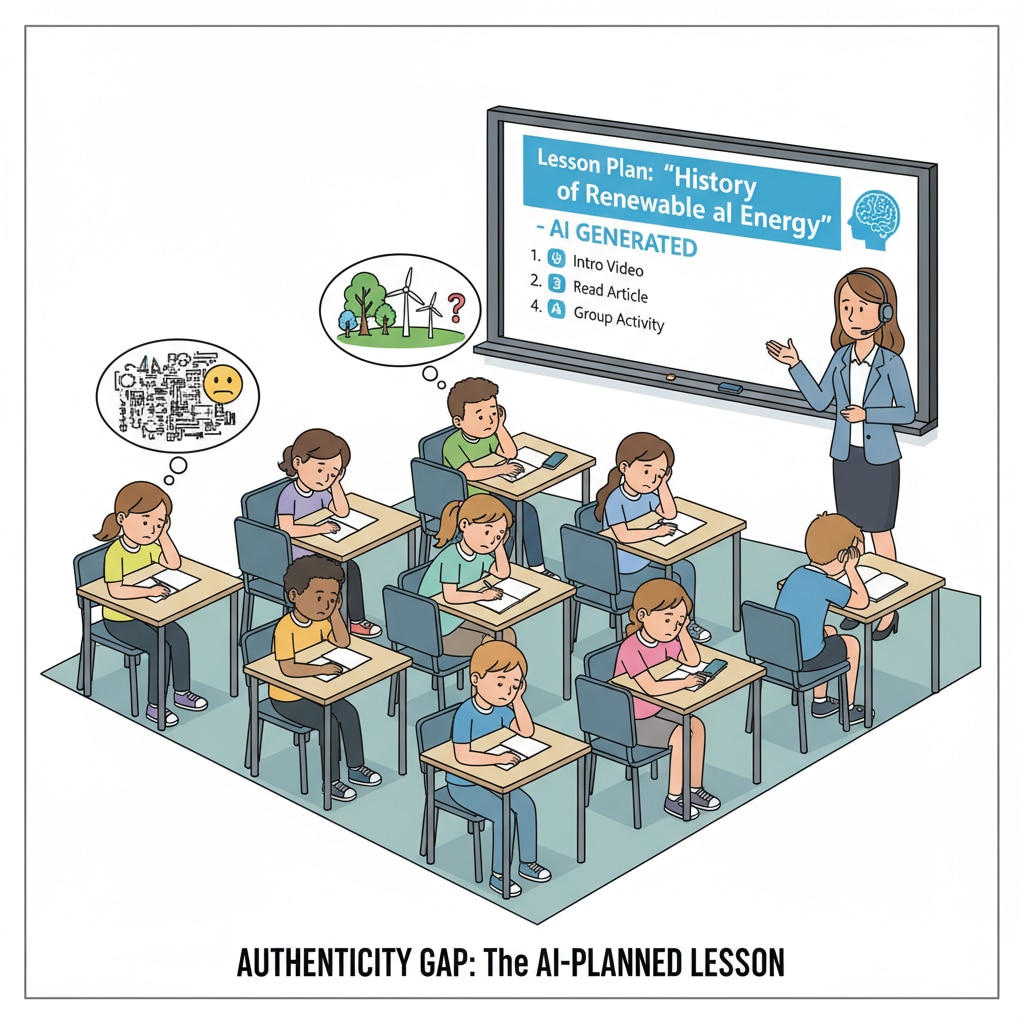Student teaching, lesson plan authenticity, GPTZero, and teaching adaptability are crucial aspects in the modern educational landscape. With the increasing prevalence of AI in education, the use of AI-generated lesson plans by teachers has become a growing concern. While it may seem like a convenient shortcut, it actually poses significant threats to teachers’ professional development.

The Illusion of Efficiency: How AI-Generated Lesson Plans Affect Lesson Plan Authenticity
AI-generated lesson plans might appear to be a time-saving solution. However, they often lack the authenticity that comes from a teacher’s in-depth understanding of the curriculum and their students. Teachers who rely on these plans may find themselves presenting lessons that are not tailored to the specific needs and learning styles of their students. For example, a one-size-fits-all AI-generated plan might not account for the diverse backgrounds and abilities within a classroom. As a result, the connection between the teacher and the students, which is essential for effective learning, can be weakened.

Weakening of Planning Abilities
Regularly using AI to generate lesson plans can lead to a decline in teachers’ own planning capabilities. Planning a lesson is not just about putting together a set of activities; it involves analyzing the learning objectives, selecting appropriate teaching methods, and anticipating students’ responses. When teachers outsource this task to AI, they miss out on the opportunity to develop and refine these crucial skills. In the long run, this can make teachers less independent and less able to adapt to changing educational requirements.
Moreover, a teacher’s planning skills are closely tied to their understanding of the subject matter. By relying on AI, teachers may not engage deeply with the content, which can further impact their teaching quality. As noted by TeachThought, true educational expertise comes from the process of creating and adapting lesson plans based on real classroom experiences.
The Decline of Teaching Adaptability
Teaching is a dynamic profession that requires constant adaptation. In a classroom, unexpected situations often arise, and teachers need to be able to adjust their lesson plans on the fly. However, teachers who are accustomed to using AI-generated lesson plans may find themselves at a loss when faced with such situations. Since these plans are pre-generated and lack flexibility, teachers may struggle to make the necessary changes to meet the immediate needs of their students.
This lack of adaptability can have a negative impact on student learning. Students thrive in an environment where their teachers can respond to their questions and challenges in a timely and effective manner. According to ASCD, teacher flexibility and adaptability are key factors in promoting student achievement.
Readability guidance: The article uses short paragraphs to clearly present ideas. Each section focuses on a different aspect of the risks of AI-generated lesson plans. Transition words like ‘however’, ‘for example’, and ‘as a result’ are used to make the flow more coherent. The lists help summarize key points, and external links provide additional resources for further exploration.


